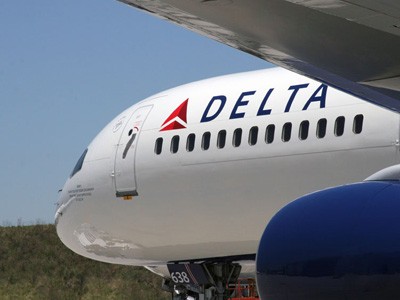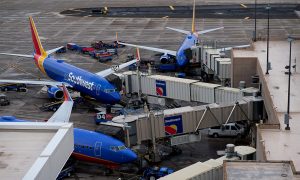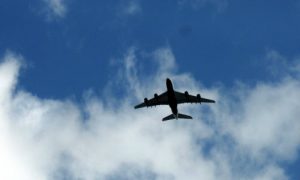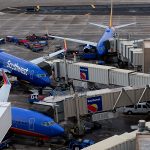The battle lines have been drawn in a showdown between the Big Three U.S. airlines — American, Delta and United — and the Big Three Middle East carriers — Etihad, Emirates and Qatar Airways.
The dispute is over Open Skies agreements, and there are passengers, routes and plenty of money involved.
Open Skies agreements eliminate government interference with air carriers on their routes, capacity, and pricing.
The agreements, according to the State Department, allow carriers unlimited access to partners’ markets and the right to fly to all intermediate and beyond points, giving maximum operational flexibility for airline alliances.
Groups that should normally be allies find themselves on opposite teams, such as the U.S. Travel Association (USTA). The trade group, which represents all components of the travel industry including convention and visitor bureaus and airports, has taken the side of the Big Three Middle East carriers, not the American ones.
The American carriers have their own group, the Partnership for Open & Fair Skies, a coalition composed of American Airlines, Delta Air Lines and United Airlines, along with eight airline unions. They say they put their group together to restore a level playing field under the Open Skies agreements with Qatar and the UAE.
The Big Three U.S. carriers have petitioned the Obama Administration, along with the Transportation, State and Commerce departments, to begin consultations under the agreements to address the flow of subsidized Gulf carrier capacity to the United States. The U.S. airlines also seek a freeze on new passenger service during the consultations.
In the past five years, there’s been phenomenal growth in international travel to the U.S., said UTSA President and CEO Roger Dow. “We’re up to 75 million inbound passengers a year, and the Obama administration is calling for that to grow to 100 million by 2021, bringing hundreds of billions of dollars to the U.S. economy,” he said.
So, USTA feels it’s pivotal to keep the more than 100 existing Open Skies agreements in place, said Dow. “These agreements, started in the 1990s, have enabled international travel to grow,” he said.
But the partnership says on its website that it is only asking the U.S. government to initiate consultations to the Open Skies agreements with Qatar and the UAE.
“Our concern relates to the $42 billion in subsidies and other benefits that Qatar and the UAE have provided to their state-owned airlines over the past decade,” the partnership declares. “The subsidies are intended to distort trade in favor of their airlines, resulting in precisely the outcome that Open Skies was created to address, and resulting in an un-level playing field, contrary to Open Skies.”
USTA’s biggest concern is if this is allowed to happen, who’s next? “The Big Three U.S. carrier say it’s just these three airlines, but who’s next? Turkish Airlines? China Airlines?” he asked. “Will any airline that gets a subsidy get shut down? Would Japan start its own air restrictions again? It’s a slippery slope.”
The partnership says it strongly supports the Open Skies program and its objective to increase market access. “Our request to the U.S. government is an effort to ensure that Open Skies works as intended with respect to Qatar and the UAE.”
For story ideas, check with your local airport or convention and visitors bureau to see which side they’ve chosen in the Open Skies battle.
STORY IDEAS
The Partnership for Open & Fair Skies











